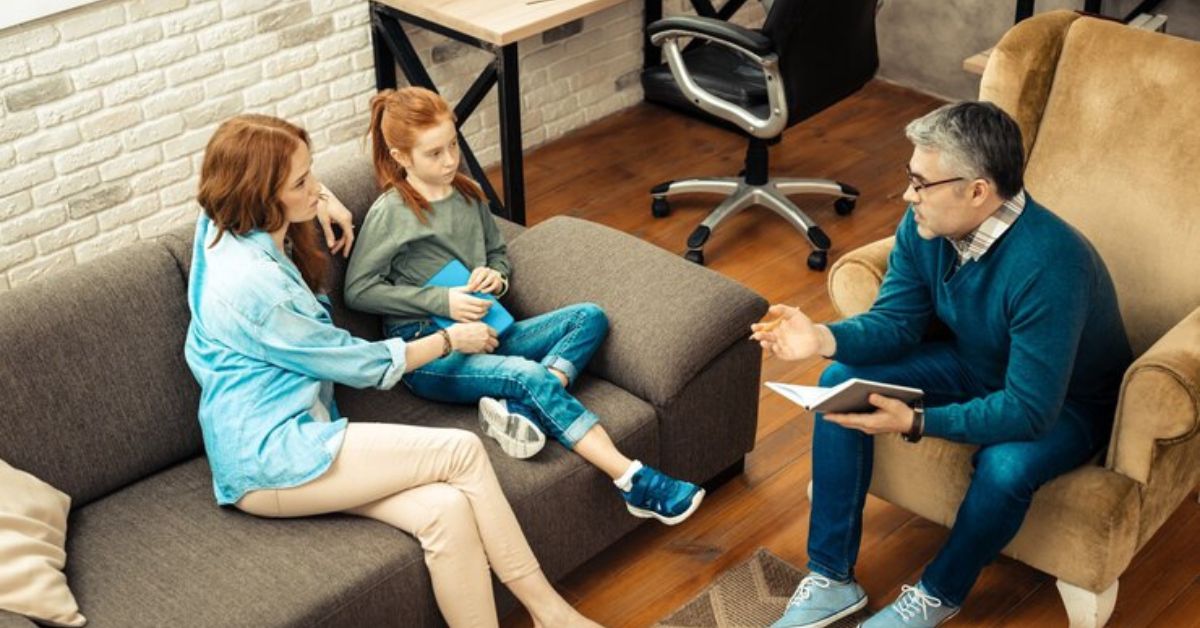Every family encounters challenges from time to time. These difficulties can impact family relationships due to dynamic shifts, communication barriers, or emotional challenges. Participating in family therapy can offer essential support and guidance, assisting families in addressing these concerns collectively and enhancing their connections. But how can you determine if your family may benefit from therapy? Identifying the indicators can be the initial step towards a healthier and more joyful family life.
Communication Breakdowns
Consistent communication breakdowns are one of the most telling signs that a family might benefit from therapy. This could manifest as frequent misunderstandings raised voices, or a general sense of not being heard or understood. A family therapist can help individuals develop better communication skills, encouraging open, clear, and respectful dialogue within the family. Effective communication strategies can help family members constructively express their needs and concerns, reducing tension and fostering a more supportive environment.
Unresolved Conflicts
Every family has conflicts, but disagreements can create a stressful home environment when they linger without resolution. If your family struggles with unresolved conflicts, a couples therapist can offer strategies to address and resolve these issues. Therapy can help family members reach a mutual understanding and find solutions that work for everyone by providing a neutral space to express feelings and viewpoints. This process resolves existing issues and equips families with the tools to handle future conflicts more effectively.
Emotional Distance
In some families, emotional distance might develop if members avoid discussing feelings or if there’s a lack of emotional support. This distance can lead to loneliness and isolation, even among family members. Therapy can facilitate emotional reconnection by encouraging individuals to share their emotions and support each other. By fostering empathy and understanding, therapy helps bridge emotional gaps and strengthens familial bonds. This enhanced emotional intimacy can significantly improve the overall well-being and happiness of the family unit.
Significant Life Changes
Life changes such as moving to a new city, adjusting to a new school, or experiencing a loss can disrupt family dynamics and routines. Family therapy can assist and encourage during these transitions to help manage these changes effectively. A therapist can help families maintain stability, manage stress, and adapt to new circumstances together. By addressing the emotional and practical impacts of these changes, therapy enables families to emerge stronger and more united.
Behavioral Changes in Children
Children may express distress through changes in behavior, such as becoming withdrawn, exhibiting anger, or experiencing difficulty in school. These changes can indicate underlying issues that the child may need help addressing. Family therapy offers a space for children to communicate their emotions securely while assisting parents in comprehending and fostering their children’s needs. Through cooperation, families can discover efficient methods to tackle behavioral issues and encourage positive growth in children.
Conclusion
Acknowledging these indicators is essential for sustaining a healthy family atmosphere. Therapy provides a means to enhance communication, resolve disputes, and develop stronger emotional ties. By tackling problems promptly and pursuing therapeutic assistance, families can navigate difficulties, cultivate resilience, and create a supportive environment where every member feels appreciated and cared for. Committing to family therapy can result in a more positive and cohesive future for your family.
Read More : Unlocking the World of Bebezomzom

